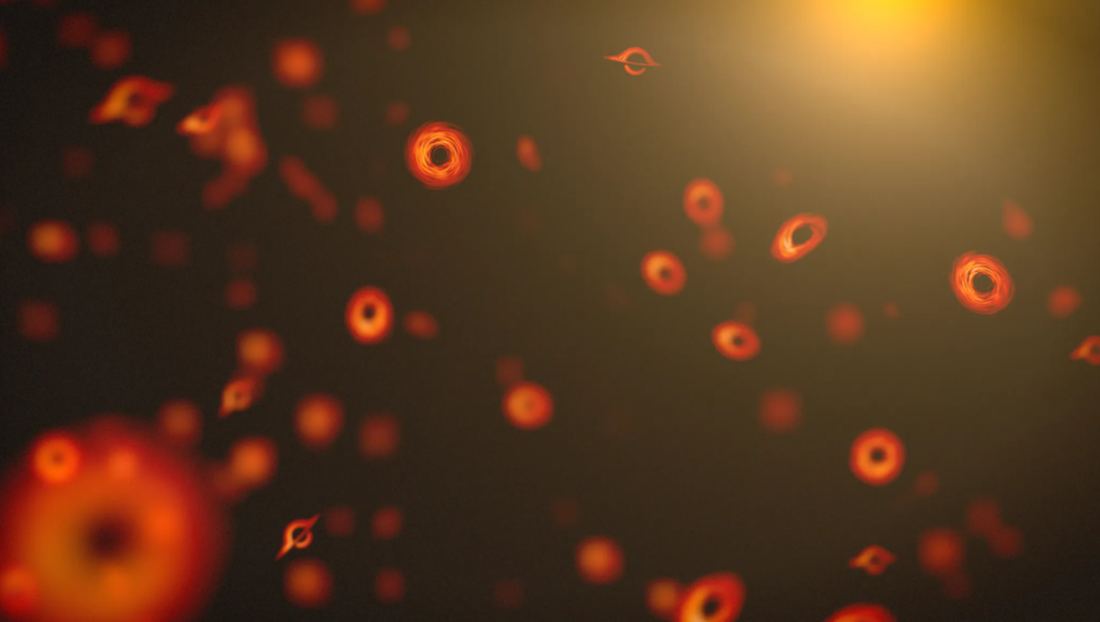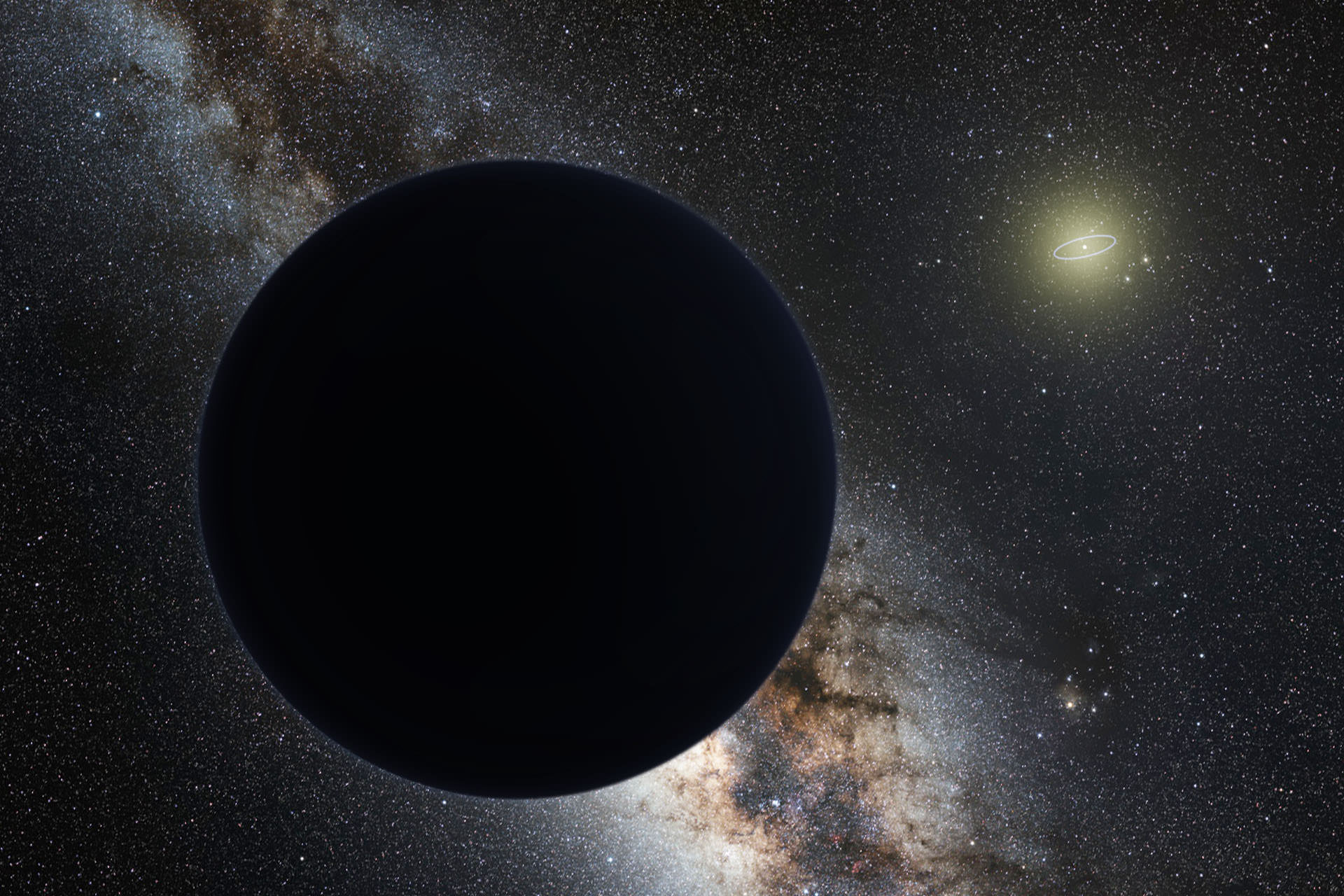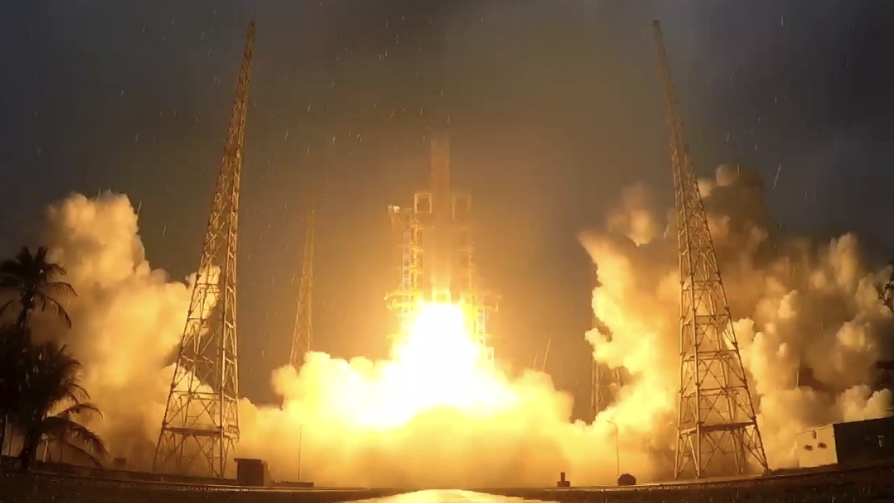Astrobiology is the field of science that studies the origins, evolution, distribution, and future of life in the Universe. In practice, this means sending robotic missions beyond Earth to analyze the atmospheres, surfaces, and chemistry of extraterrestrial worlds. At present, all of our astrobiology missions are focused on Mars, as it is considered the most Earth-like environment beyond our planet. While several missions will be destined for the outer Solar System to investigate “Ocean Worlds” for evidence of life (Europa, Ganymede, Titan, and Enceladus), our efforts to find life beyond Earth will remain predominantly on Mars.
If and when these efforts succeed, it will have drastic implications for future missions to Mars. Not only will great care need to be taken to protect Martian life from contamination by Earth organisms, but precautions must be taken to prevent the same from happening to Earth (aka. Planetary Protection). In a recent study, a team from the University of New South Wales (UNSW) in Sydney, Australia, recommends that legal or normative frameworks be adopted now to ensure that future missions do not threaten sites where evidence of life (past or present) might be found.
Continue reading “We Need to Consider Conservation Efforts on Mars”









